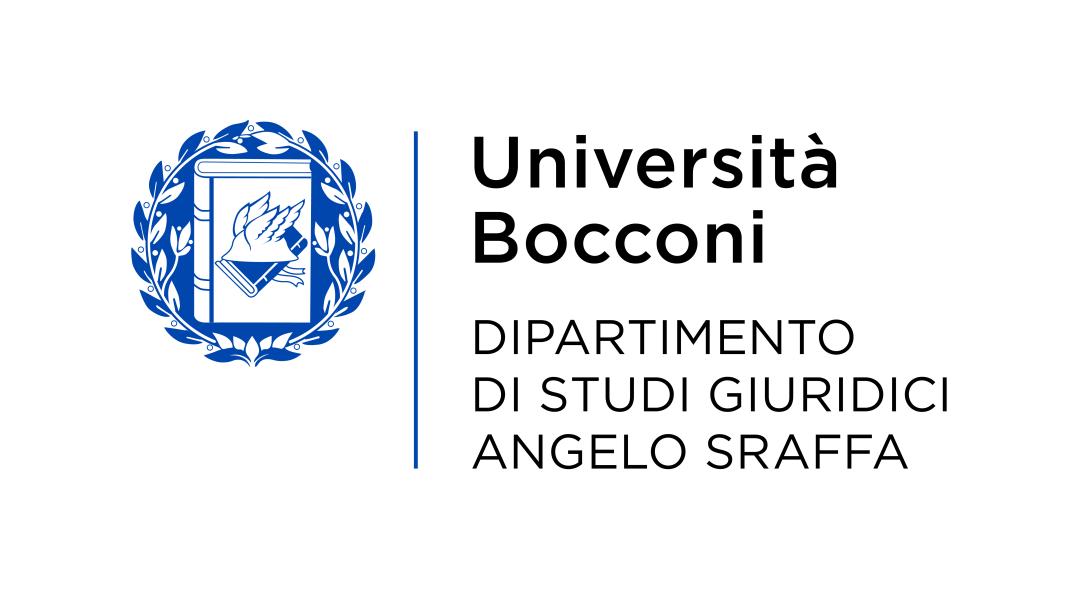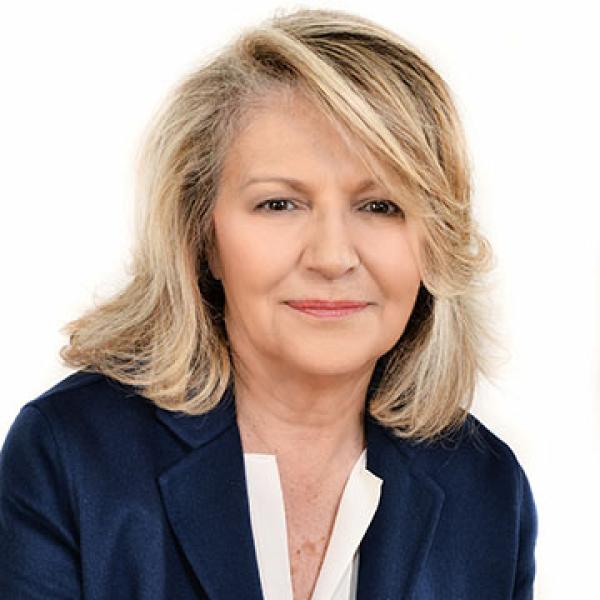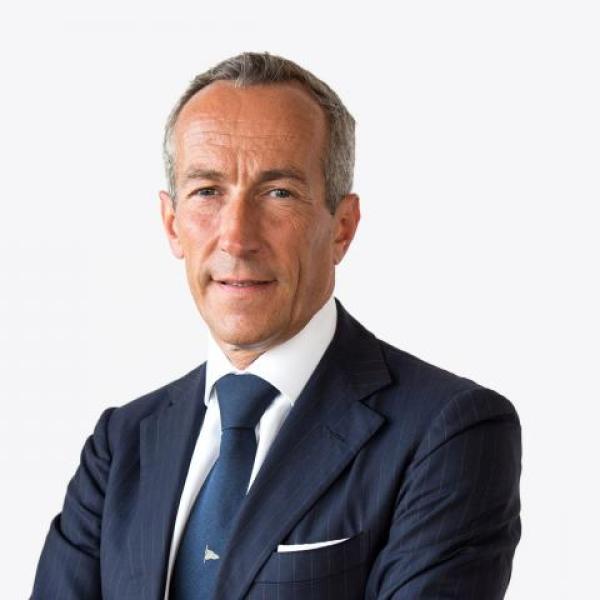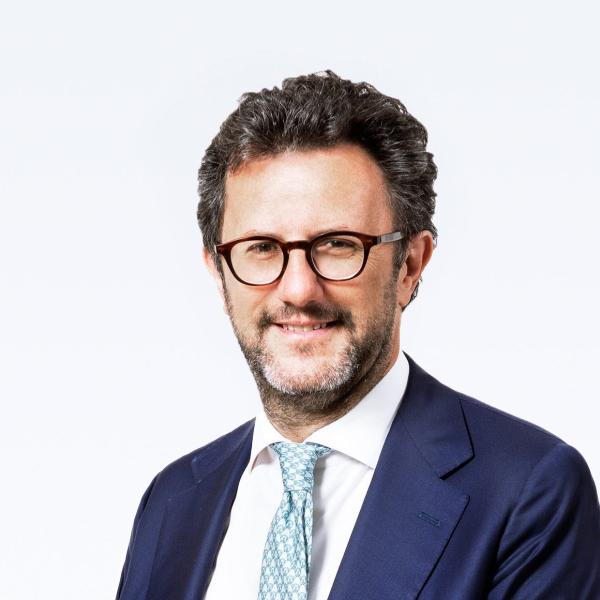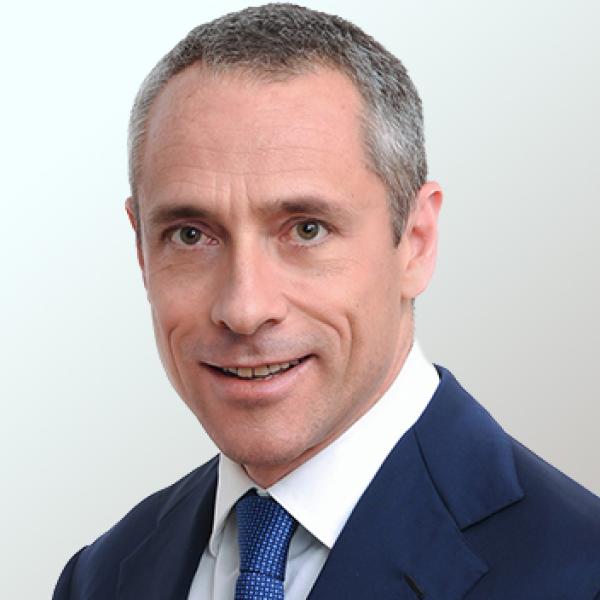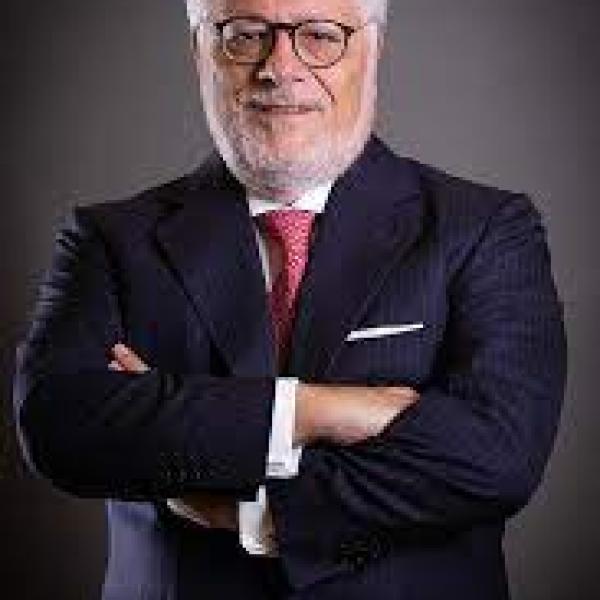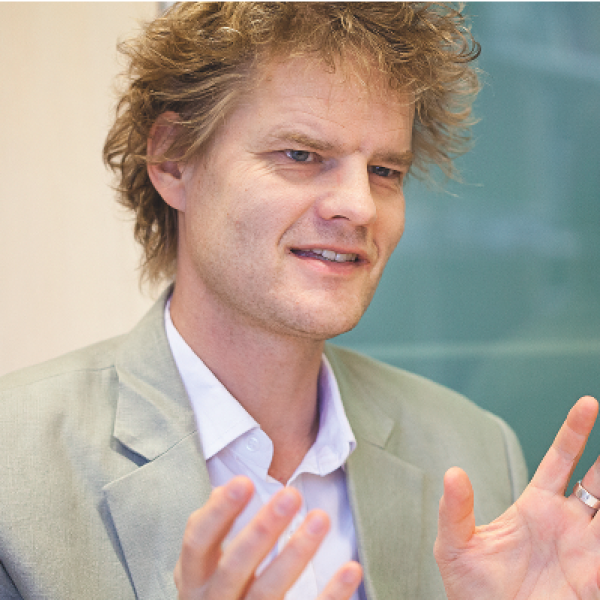
Capitalism Revisited | Responsible Enterprise
Watch the presentations here: https://www.youtube.com/playlist?list=PL0ysOguv9W0ITLPccaD09HD10K6MiqZB_
This was a a hybrid event hosted by Assonime at Borsa Italiana on 15 September 2022
---------------------
Part One
Capitalism Revisited
A two day event on Responsible Capitalism
Responsible Enterprise
Italian Conference for Responsible Enterprise
Hosted by Assonime, with the support of

Thursday, 15 September 2022
09:45 – 16:30 CEST
Location
Borsa Italiana, Palazzo Mezzanotte, Piazza Affari 6, Milan
Programme | Download the Programme
Queries: admin@ecgi.org
ABOUT THE EVENT
This event was co-organised by Assonime (the association of Italian public companies), the European Corporate Governance Institute (ECGI) and Bocconi University.
The event brought together senior academics and thought-leaders in business to discuss a range of current topics. It was part of the ECGI initiative on Responsible Capitalism. The event brought together academics and practitioners to discuss purpose and family enterprise from a comparative perspective.
Session 1: Business Purpose and Benefit Corporations
There are divergent views on what the purpose of business is or should be and, while discussions have been in progress for a long time, their intensity and significance are increasing. The reasons for this are that there is growing recognition of mounting problems in relation to the environmental, human, and social impacts of companies but little consensus about their causes and even less about their appropriate remedies. To some, these problems reflect a deficiency of the design and enforcement of traditional tools of antitrust, regulation, and taxation. To others, conventional tools are not adequate, sufficient, or efficient means of dealing with the problems. The session will discuss and contrast these different views.
Session 2: Corporate Control
Institutional investors generally oppose dual class share structures and tenure voting because they make corporate control incontestable. In contrast, control enhancing mechanisms can prevent “amoral drift”; incumbents can pursue socially desirable actions that do not maximise shareholder value without the threat of a hostile takeover or losing board control. Should “pro-social” investors promote the use of dual-class shares? Should institutional shareholders have countervailing powers, like representation on the nominations committee or voting lists?
Session 3: Family Enterprise
Family businesses represent a key driver for supporting the transition toward a sustainable economy as they globally dominate some of the key sectors that have a significant environmental and social impact. Considering their governance features and ownership structure, are family enterprises more oriented to pursue the company's sustainable success in the long run? What governance measures could support and preserve their commitment toward a long-term sustainability of their businesses? A significant part of family enterprises is represented by SMEs: how do they tackle sustainability opportunities and risks and what are the obstacles they encounter along this path?
Main Sponsors

Sponsors

The programme was developed in collaboration with:

Programme
Introduction
Speaker(s)
Session 1 | Chaired by
Moderator
Business Purpose and Benefit Corporations
Speaker(s)
Discussant
Coffee Break
Session 2 | Chaired by
Moderator
Corporate Control
Speaker(s)
Discussant
Panel Discussion
Panelist(s)
Lunch
Session 3 | Chaired by
Moderator
Family Enterprise
Speaker(s)
Discussant
Panel Discussion
Panelist(s)
Closing Remarks
Speaker(s)
Speakers
Marco Becht
Colin Mayer
Marco Ventoruzzo
Morten Bennedsen
Presentations
Gallery
Contact


